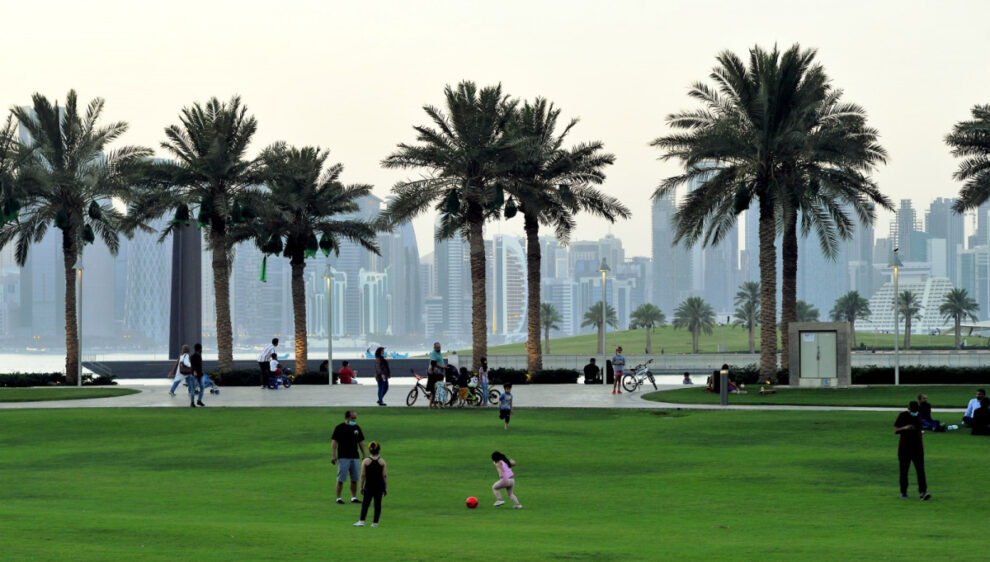Doha, Qatar: As Qatar joins the rest of the world to mark the International Day of Clean Air for blue skies, the Ministry of Environment and Climate Change (MoECC) has noted the importance of sustainable practices to maintain healthy air quality.
In a post on X (formerly Twitter), the Ministry stated, “Qatar is celebrating the International Day of Clean Air for blue skies, to raise awareness about the importance of clean air for environmental and human health, and to encourage sustainable practices to maintain air quality, and reduce air pollutant emissions.”
Air pollution is one of the greatest environmental threats to the planet’s health. It is the source of approximately seven million premature deaths annually and countless illnesses. Ambient (outdoor) air pollution in both cities and rural areas is causing fine particulate matter, which results in strokes, heart diseases, lung cancer, and acute and chronic respiratory diseases.
Air pollution is caused by several substances, including carbon monoxide, carbon dioxide, nitrogen dioxide, nitrogen oxide, ground-level ozone, particulate matter, sulphur dioxide, hydrocarbons and lead – all harmful to human health.
In 2020, Qatar was named among countries with the highest levels of air pollution in the Middle East. It was found to have over 76 microns per cubic metre of fine particulate matter PM2.5 – the most harmful air quality pollutant. The World Health Organisation (WHO) recommends annual concentrations of PM2.5 should not exceed an average of 5 micrograms per cubic metre (µg/m³).
Dust storms and emissions from vehicles and industry are the leading causes of polluted air in Doha. Per IQAir, a Swiss air quality information and tech company, PM2.5 concentration in Doha is currently 13.2 times the WHO annual air quality guideline value.
In the Middle East, a dependence on fossil fuels and the desert climate contributes significantly to its air pollution problem. Experts have urged a more concerted effort on economic diversification, eco-friendly and sustainable modes of transportation, and investment in innovative technologies to drive renewable energy implementation.
To combat poor air quality, Qatar has initiated several policies and installed air quality monitoring units around the country, with a target of 50 by the end of 2022. Besides, the National Action Plan for Climate Change, launched by the Ministry, identified about 35 initiatives to reduce greenhouse gas (GHG) emissions in all sectors by 25% by 2030. Qatar has also committed to investing in low-carbon technologies.















